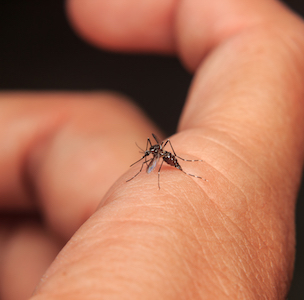
A National Institutes of Health (NIH) study based in rural Guatemala is seeking to discover how the Zika virus affects infants and young children.
Pregnant women who are infected with the virus have children with microcephaly and damage to the brain, eyes and joints. Little research exists on the precise nature of Zika’s impact on those infected after they are born, according to a release.
A team of investigators in Guatemala and the United States will examine the long-term impact of Zika infection, backed by funding from the NIH through its National Institute of Allergy and Infectious Diseases and the nonprofit Center for Human Development in Guatemala according to a press release.
Dr. Antonio Bolanos, who directs the FUNSALUD Clinic in Guatemala where testing will occur, said the study’s findings should help spur earlier detection among the country’s rural residents.
“For many impoverished children in our country, any Zika effect on their neurodevelopment will add burden to their futures,” Bolanos said in the release.
The 1,200 subjects in the clinical trial will include children under age 5, including 500 infants who haven’t been infected, 300 who contracted the virus as infants and 400 siblings, allowing comparisons between the groups.
“It is imperative that we understand the potential neurologic and neurodevelopmental outcomes of Zika virus infection in children infected in infancy and early childhood,” NIH Director Dr. Anthony Fauci said in the announcement.



